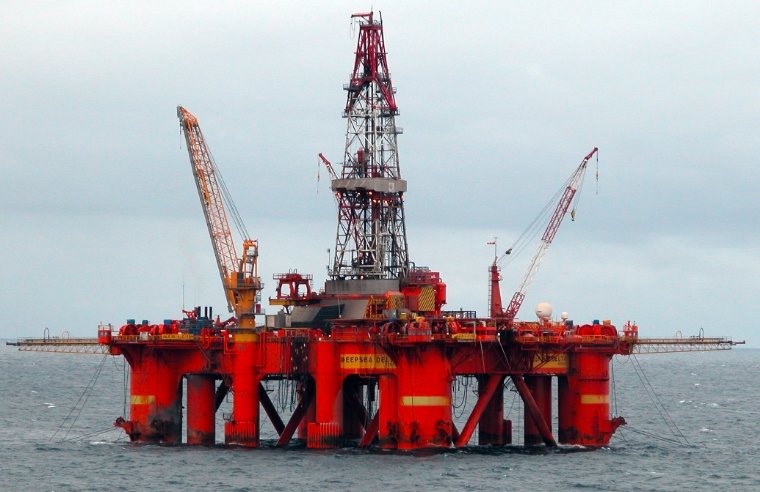Official figures reveal a deeper fiscal gap, with oil and gas income down for a second year and higher per-capita spending than the UK average.
Deficit Hits £26.2 Billion in 2024-25
Scotland’s public spending deficit has risen sharply, climbing from £21.4 billion to £26.2 billion over the last financial year, according to the latest Government Expenditure and Revenue Scotland (GERS) report. The figures show a widening gap between the taxes raised in Scotland and the amount spent on public services and benefits for its residents.
That translates to £21,192 spent per person — almost £2,700 more than the UK-wide average of £18,523. The gulf reflects higher spending needs in areas such as health, social care, and infrastructure, but also points to the heavy fiscal weight of maintaining services in rural and remote areas.

Oil and Gas Revenues Slump Again
The GERS data confirmed that revenue from North Sea oil and gas dropped for the second consecutive year. While still a significant source of income, the sector has faced volatile prices, reduced output, and higher operating costs.
Industry analysts note that recent UK windfall taxes and maturing fields are squeezing returns. North Sea revenue once underpinned a stronger fiscal picture for Scotland, but its contribution is now far smaller than during past booms.
Spending Pressures and Fiscal Context
The spending gap in Scotland has long been larger than the UK average, partly due to the Barnett formula that delivers higher per-capita public spending north of the border. But 2024-25’s jump is notable, especially against the backdrop of tighter budgets in Westminster and a slowing UK economy.
Key drivers identified in the report include:
-
Increased health and social care expenditure post-pandemic
-
Rising welfare costs due to demographic change and inflation
-
Infrastructure maintenance, including transport links in rural regions
Political and Economic Reactions
Finance Secretary Shona Robison is expected to address the figures in Holyrood later this week. Pro-independence campaigners argue that Scotland’s fiscal challenges are exacerbated by UK economic policy, pointing to untapped renewable energy potential as a future revenue source.
Unionist critics counter that the figures demonstrate the stability benefits of remaining in the UK, where Scotland’s higher spending is supported by pooled UK resources.
With oil revenues declining, both sides agree on one point: the need to diversify income streams. Renewable energy, tourism, and technology sectors are likely to be central to the next fiscal strategy debates.
Looking Ahead
The GERS report offers no direct policy prescriptions, but the numbers are certain to fuel Scotland’s political discourse in the months ahead. As the North Sea’s returns continue to dwindle, the question is whether new industries can grow quickly enough to prevent the deficit from widening further.


















